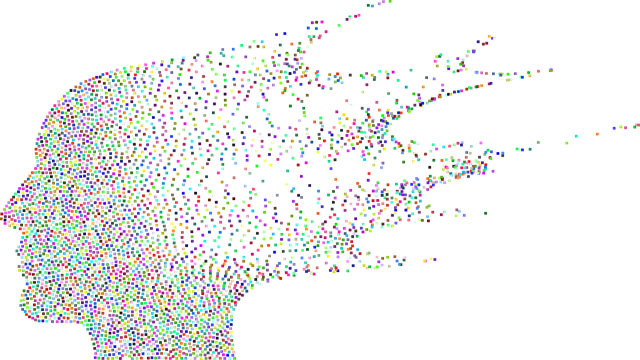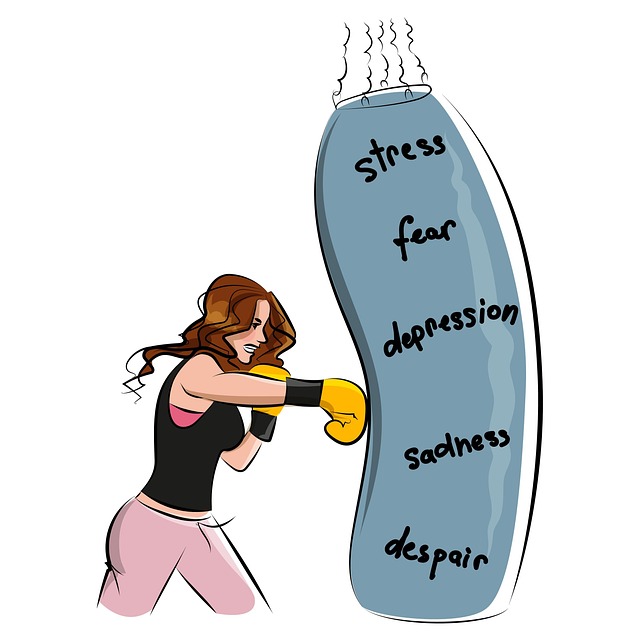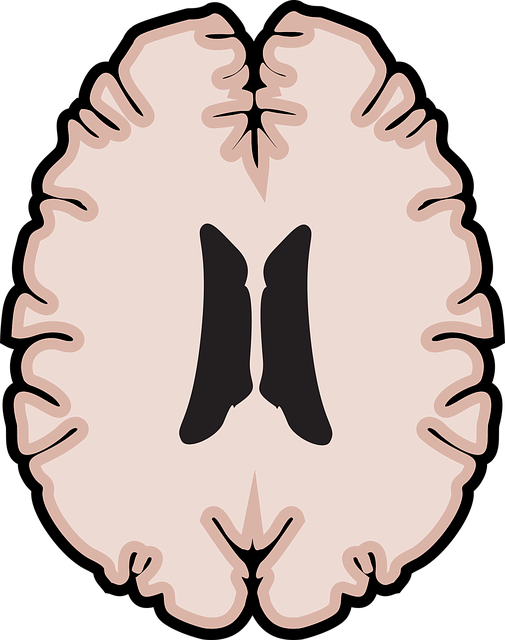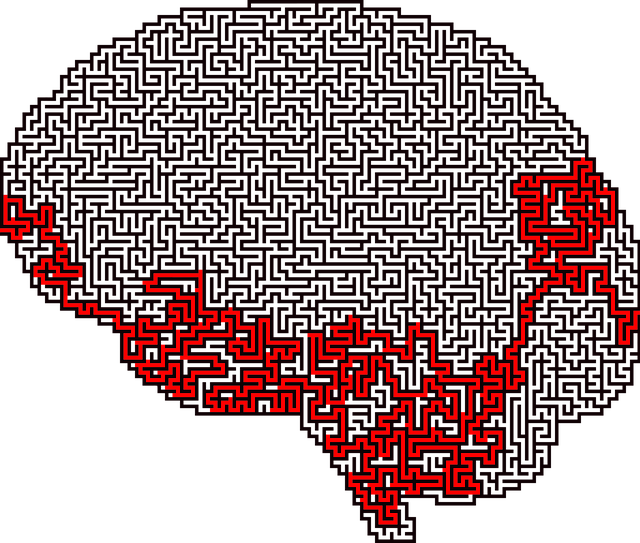Denver Self-Esteem Therapy focuses on building resilience using the RFM (Resilience, Flexibility, Mindfulness) framework, helping individuals confront challenges, adapt, and recover from adversity. This holistic approach integrates cultural awareness into risk assessments for diverse populations, enhancing patient outcomes. By exploring mental landscapes, identifying needs, and employing techniques like conflict resolution and emotional intelligence, Denver Self-Esteem Therapy cultivates resilience, flexibility, and mastery (RFM) to improve self-esteem, reduce anxiety, prevent burnout, and foster healthy relationships. Regular engagement with RFM exercises leads to significant self-esteem improvement, transforming lives by empowering individuals to thrive in all aspects of their lives.
Resilience is a powerful tool for navigating life’s challenges. The RFM (Resource, Fortitude, Mastery) model offers a structured approach to building resilience, focusing on individual needs. Inspired by the Denver Self-Esteem Therapy Approach, this article delves into the core principles of RFM, providing exercises and techniques to enhance your resilience. Discover how integrating these concepts into daily life can lead to lasting personal growth and well-being, reflecting the transformative power of Denver Self-Esteem Therapy.
- Understanding RFM: A Framework for Resilience
- The Denver Self-Esteem Therapy Approach
- Identifying Individual Resilience Building Needs
- Exercises and Techniques for Enhancing Resilience
- Integrating RFM into Daily Life: Long-Term Benefits
Understanding RFM: A Framework for Resilience

Resilience is a key factor in navigating life’s challenges and uncertainties. At Denver Self-Esteem Therapy, we understand that building resilience involves fostering the mental fortitude to endure stress, adapt to change, and bounce back from adversity. The RFM framework—a powerful tool in our arsenal—is designed to help individuals strengthen their resilience by focusing on three core aspects: Resilience (R), Flexibility (F), and Mindfulness (M).
Resilience equips us with the ability to face hardships head-on, while flexibility allows us to adapt and navigate uncharted territories. Mindfulness, on the other hand, enables us to stay present, observe our thoughts and emotions without judgment, and make conscious choices that contribute to our overall well-being. Through tailored Self-Awareness Exercises and Conflict Resolution Techniques, Denver Self-Esteem Therapy guides individuals in cultivating these three dimensions, thereby enhancing their ability to cope with life’s challenges and preventing issues like depression.
The Denver Self-Esteem Therapy Approach

The Denver Self-Esteem Therapy Approach is a unique and highly effective method designed to empower individuals by fostering self-acceptance and resilience. This therapy model, developed in the vibrant city of Denver, Colorado, takes a holistic view of mental well-being, recognizing the profound impact of self-esteem on overall health. By focusing on building self-confidence and challenging negative thought patterns, this approach helps clients navigate life’s challenges with greater ease.
This therapeutic strategy is particularly beneficial for those seeking to enhance their cultural competency as healthcare providers. The Denver Self-Esteem Therapy approach encourages professionals to integrate cultural awareness into risk assessments for mental health issues, such as depression prevention. Through this method, healthcare providers can offer more tailored and compassionate support, addressing the unique needs of diverse populations, and ultimately improving patient outcomes.
Identifying Individual Resilience Building Needs

Every individual’s journey to building resilience is unique, shaped by their personal experiences and circumstances. Identifying resilience-building needs requires a deep dive into one’s mental and emotional landscape. This process involves understanding the specific challenges one faces, such as anxiety, trauma, or relationship issues, which often manifest as low self-esteem in Denver Self-Esteem Therapy settings. By recognizing these barriers, individuals can tailor their approach to resilience training.
For instance, conflict resolution techniques may be crucial for those frequently entangled in interpersonal disputes, while empathy building strategies could prove beneficial for fostering deeper connections and understanding. Emotional intelligence plays a significant role here as it enables one to recognize and manage their emotions effectively, which is essential for navigating stressful situations and cultivating mental fortitude.
Exercises and Techniques for Enhancing Resilience

Resilience is a vital component of mental well-being, especially in today’s fast-paced and often stressful world. For individuals seeking to strengthen their emotional resilience, various exercises and techniques can be highly effective. One such approach gaining popularity is the use of RFM (Resources, Fortitude, and Meaning) models, which offer a structured framework for personal growth. These models encourage individuals to identify and cultivate internal resources, build fortitude through challenging experiences, and find deeper meaning in life’s challenges.
At Denver Self-Esteem Therapy, we emphasize the importance of resilience in our treatment plans. Techniques such as cognitive reframing, mindfulness practices, and exposure therapy can significantly contribute to anxiety relief and burnout prevention strategies for healthcare providers. By learning to reframe negative thoughts and cultivate a more positive outlook, individuals can enhance their emotional healing processes. Through these exercises, one can develop the tools needed to navigate life’s labyrinthine paths with greater ease and resilience.
Integrating RFM into Daily Life: Long-Term Benefits

Integrating RFM (Resilience, Flexibility, and Mastery) into daily life offers a path to enhanced well-being and long-term mental health, making it a valuable tool for anyone seeking Denver self-esteem therapy. By cultivating resilience, individuals can better navigate life’s challenges, fostering an unshakeable sense of confidence. This process involves developing flexibility in thinking and behavior, allowing for adaptable problem-solving and effective conflict resolution techniques.
Over time, regular engagement with RFM exercises contributes to significant self-esteem improvement. It equips people with communication strategies that promote healthy relationships and personal growth. By embracing these principles, individuals can transform their lives, fostering a resilient mindset that enables them to thrive in various aspects, from career to interpersonal connections.
Resilience is a powerful tool that can significantly impact our well-being, and the Denver Self-Esteem Therapy approach offers a unique framework to understand and build upon this. By identifying individual needs through RFM (a comprehensive model), one can tailor resilience-building exercises for effective long-term benefits. This holistic strategy empowers individuals to navigate life’s challenges with enhanced confidence, making it an invaluable resource for personal growth. Incorporating these techniques into daily routines allows folks to embrace a more resilient mindset, fostering a symphony of strength and adaptability.














